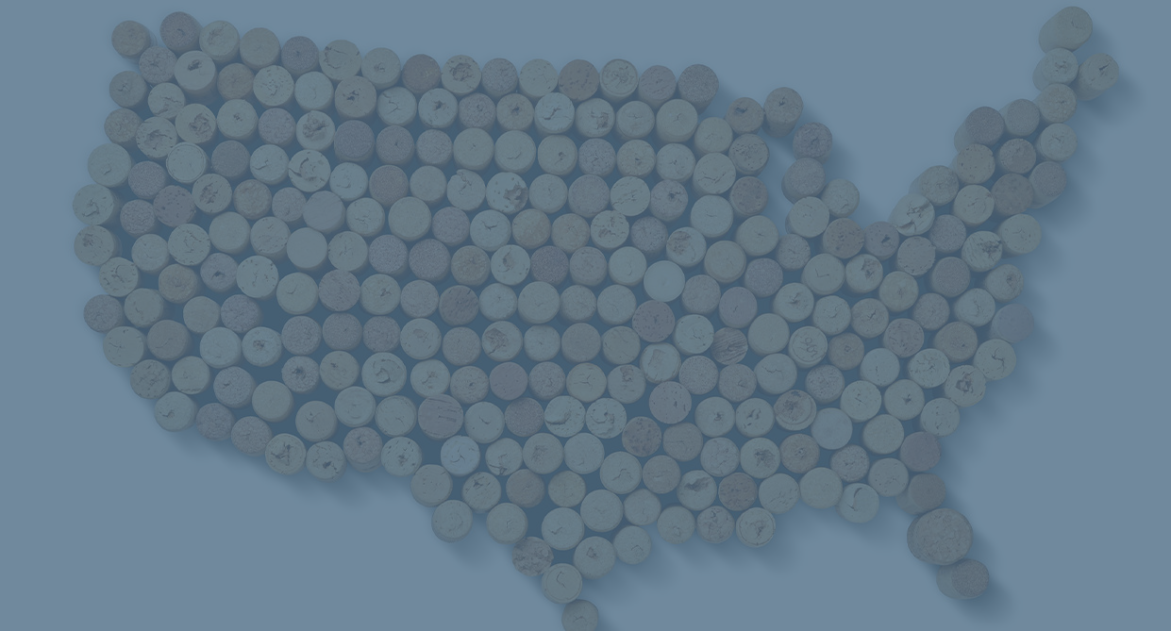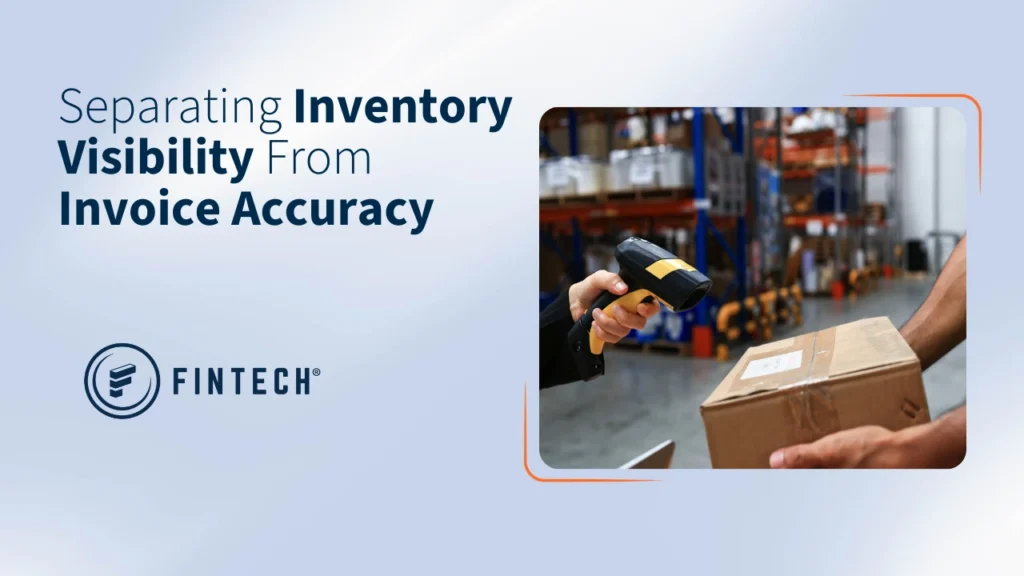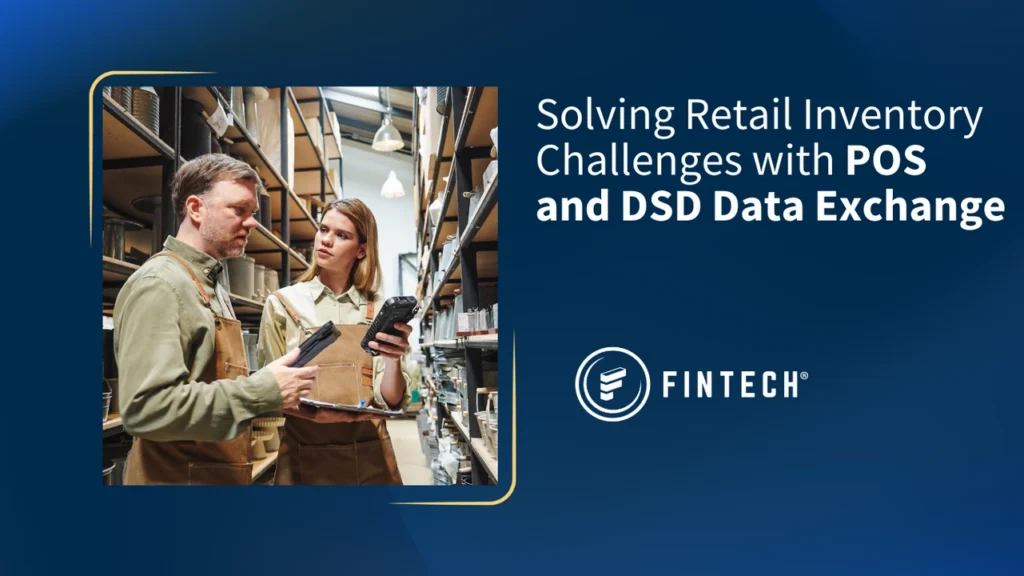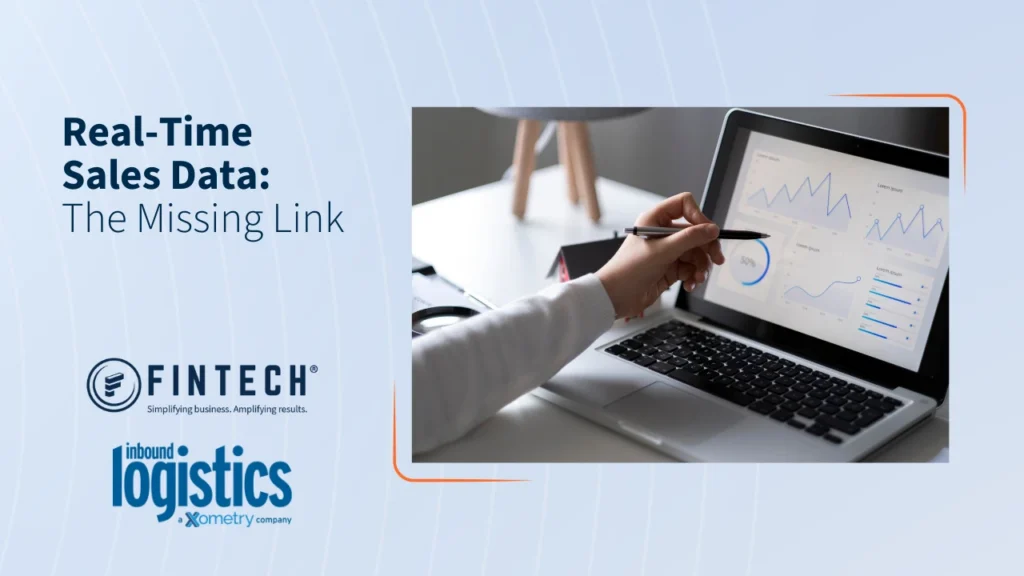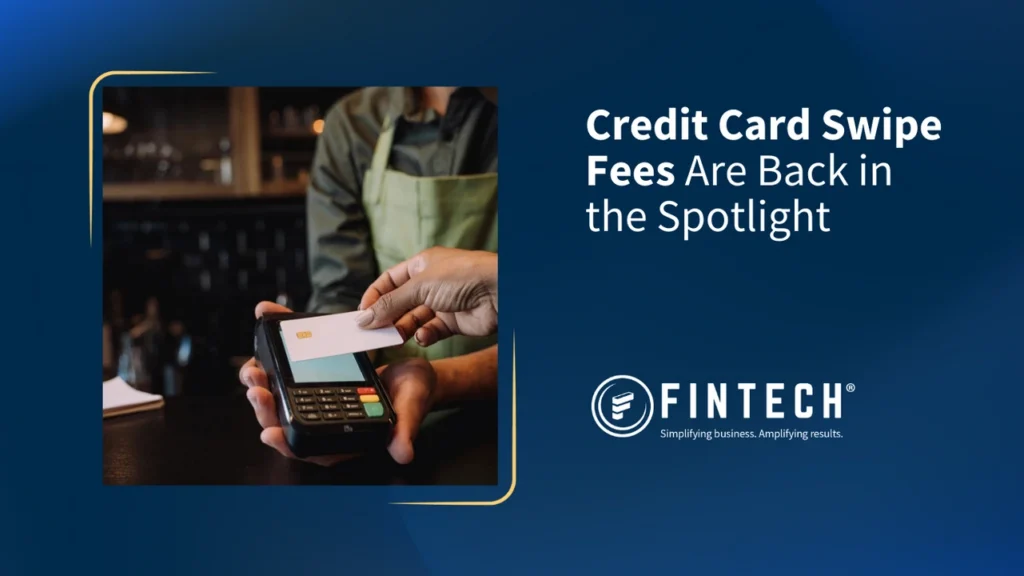Legislative changes can have a major impact on your alcohol business. Read our comprehensive law update to learn more.
This year has brought some of the most significant changes to legislation that the alcohol industry has seen in years. With all the changes, it can be a challenge to not only understand the new laws but form best practices to implement them where appropriate in your business. To help, we’ve compiled all the passed and pending updates to help retailers like you successfully navigate the rest of 2020!
Passed
| State | Bill # | Initiative | Effective Date |
| Alabama | HB 460 | Randolph County – To allow draft beer sales at on-premises locations, and growlers fills (up to 288 oz). | 5/18/20 |
| Colorado | SB 110 | To increase the cap for violation fines to $100,000 (current cap is $5,000). | 8/5/20 |
| Colorado | SB 213 | To allow on-premises retailers to sell and deliver beer (72oz), wine (750ml), spirits (750ml) to consumers (no more than 50% of gross sales) until 7/1/21. Must use own employees and employees must be server trained. | upon signing by the governor |
| Colorado | SB 32 | To allow LLDS (grocery) employees to be at least 18 years of age (currently 21) for the purposes of stocking and making a sale (may not deliver). | 90 days after adjournment |
| Colorado | SB 86 | To allow the state to notify of license expiration in “any reasonable method” (currently requires first-class mail). Rule-making to follow. | 9/14/02 |
| DC | 23-0254 | To allow caterers to purchase beer/wine/spirits from Internet retailers; to create a pub crawl license that is valid for three years; to allow a Class B grocery store to hold and on-premises license. | 2/21/20 |
| Georgia | HB 879 | To create a single, streamlined, online application process for local and state permits (by Jan 2021); to allow local voters to authorize Sunday sales beginning at 11 am, for on-premises and off-premises (currently 12:30 pm); to allow grocery, c-store, liquor store, and restaurants to deliver beer and wine to consumers, may use own employees or a third party (package stores may also deliver spirits). | upon signing by the governor |
| Illinois | HB 2682 | To allow on-premises retailers to sell and deliver mixed beverages with take-out and delivery orders (third-party deliveries not allowed). To be repealed on 6/2/2021. | 6/2/20 |
| Iowa | HB 2540 | To allow on-premises (Class C licensees) to sell wine, spirits, and mixed drinks for off-premises consumption (currently only beer may be sold for off-premises consumption); to allow a permit for charitable events (beer, wine, spirits) to be held on an existing liquor licensed premises. | upon signing by the governor |
| Kansas | HB 2016 | To allow on-premises retailers to sell mixed drinks for take-out. To be repealed 1/26/2021. | upon passing |
| Kentucky | HB 415 | To allow out-of-state, off-premises retailers in other states to apply for a permit to ship beer, wine, and spirits, to KY consumers; to allow KY breweries, wineries, distilleries, and package stores to sell and deliver direct to consumer; to allow package stores to buy from other package stores. | 7/15/20 |
| Louisiana | SB 178 | To include all beer and wine for delivery to consumers (currently capped at beer and wine under 6% ABV); to expand “delivery to consumer” distance to 25 miles for parishes under 100,000 population (currently 10 miles); to expand third-party delivery employees to include 1099 workers (currently only includes W-2 employees); to allow third parties to pick and pack from “package house – Class B” inventory. | 6/9/20 |
| Maine | HB 1884 | To allow “dual licenses” (for on-and-off premise sales; no longer must accompany a “full meal,” however, a full meal must be available; to repeal to 8 pm cut-off for wine sales; to reduce the requirement to one 21+ aged employee on duty, for wine sale (previously required two 21+ employees). | 2/18/20 |
| Maryland | HB 902 SB 765 | To modify residency requirements only to require that applicants be a resident for the duration of the license period (currently must be a resident for one or two years before applying). | 7/1/20 |
| Maryland | SB 37 | Anne Arundel County – To require, prior to each renewal, a sworn statement that food sales were 51% or greater in the previous 12 months. | 7/1/20 |
| Maryland | SB 69 | Baltimore City – To allow liquor stores (A-7) to sell from 10 am to midnight (currently 9 am to 10 pm); to require 24-hr high-definition video surveillance (interior and exterior) that is retained for seven days. | 8/15/20 |
| Maryland | HB 571 SB 238 | Carroll County – To expand hours of service until 2 am (previously midnight and 1 am) for Class B, C, and D licenses, Monday-Saturday only. | 7/1/20 |
| Maryland | SB 215 HB 145 | Frederick County – To remove quotas for on-premises beer and on-premises beer and wine licenses (currently one license per 4,000 people). | 7/1/20 |
| Maryland | HB 322 | Frederick County – To permit beer, wine, and spirits consumption in a screening room or performance hall (currently limited to lobby only, 45 minutes in advance of movie time). | 7/1/20 |
| Maryland | SB 375 HB 864 | Harford County – To create a “hotel lobby license” for alcohol sales (original container) in hotel gift shops where there is no restaurant on the premises. | 7/1/20 |
| Maryland | SB 385 HB 923 | Harford County – To limit the number of movie theater licenses to five per person (currently no limit), and to increase the license fee to $1,000 (currently $500). | 7/1/20 |
| Maryland | HB 298 | Montgomery County – To require that all containers of alcoholic beverages be removed from tables or bars at the end of permitted sale hours. | 7/1/20 |
| Maryland | HB 297 | Montgomery County – To allow a catering permit for Class D permit holders. | 7/1/20 |
| Maryland | HB 467 | Queen Anne’s County – To repeal the requirement for “petition of support” (current law requires petition of support from ten local residents or businesses). | 7/1/20 |
| Maryland | HB 288 | Prince George’s County – To require that a licensee or an appointed supervisor be trained in an “approved alcohol awareness” program and be on-site at all times that alcohol “may be” served. | 7/1/20 |
| Michigan | HB 5343 | To allow microbrewers to wholesale to retailers so long as the microbrewery is not already party to a franchise agreement with the distributor in that territory, may not exceed 2,000 barrels (sales) per year to wholesalers and retailers combined, and may not use third-party delivery services or leased or borrowed vehicles. | immediately upon passing |
| Michigan | SB 942 | To allow on-premises retailers to purchase up to 120 liters of spirits, per year, from off-premises or “specially designated distributors” (currently capped at 9 liters per month); to allow on-premises retailers to sell 2-for-1 drinks of beer, wine, or spirits. | upon signing by the governor |
| Michigan | SB 938 HB 5811 | To allow restaurants to sell beer, wine, spirits, and mixed beverages in containers no larger than one gallon and with no straw hole, for delivery, allowed by licensee or third party, expires 12/31/25 | upon signing by the governor |
| Minnesota | HB 4556 | To allow the Dept of Revenue to not enforce delinquency restrictions for late tax payments for retailers under an order of forced closure. | 4/16/20 |
| Mississippi | SB 2596 | To create tiered license suspension and revocation penalties for service to minors (currently penalized by fines, would be in addition to). | 7/8/20 |
| Mississippi | HB 1087 | To allow alcohol transportation and possession in all counties (currently illegal in 29 counties); counties must still hold public ballot initiatives if they wish to retail alcohol; retailers may transport beer, wine, and spirits so long as they purchased it in a wet territory and have the invoice on hand during transport. | 1/1/21 |
| Mississippi | HB 1088 | To allow consumers to purchase wine from a winery and have it shipped to a local retail outlet (licensed package store) for pick up (max 10 cases per year). | 1/1/21 |
| New York | AB 8732 SB 7013 | To include “liquor” in the manufacture of boozy ice cream and other frozen desserts (up to 5% ABV, beer, wine, and cider already allowed). | upon signing by the governor |
| New York | SB 2359 | To require that a public notice (in neon) be posted at the entrance of the premises within 10 days after filing the license application and/or renewal (previously, the neon color was not prescribed and the rule did not apply to renewals). | 3/19/20 |
| New York | SB 7186 | To allow restaurant brewers to sell up to 250 barrels at wholesale to other retailers (previously must have gone through a wholesaler). | 5/17/20 |
| Oklahoma | SB 1928 | To allow liquor stores to sell and deliver beer, wine, spirits to consumers, including curbside delivery, (not including third-party delivery); to allow grocery, c-stores, and restaurants to sell beer and wine to consumers for take-out or delivery (excluding third-party deliveries). Rulemaking is expected. | upon signing by the governor |
| South Dakota | SB 146 | To allow tribal ID cards for age-restricted purchases; must be issued by a South Dakota tribal government of a tribe recognized by the Bureau of Indian Affairs, United States Department of the Interior, that contains the legal name, date of birth, signature, and picture of the enrolled tribal member. | 7/1/20 |
| Tennessee | HB 2028 SB 2487 | To allow beer retailers to accept online orders for beer and permit curbside delivery at licensed premises. | upon signing by the governor |
| Utah | HB 5004 | To allow 13 on-premises licenses at international airports (currently capped at one license for every 1,750,000 passengers annually). | upon signing by the governor |
| Vermont | HB 956 | To allow municipalities to assess a $50 fee on third-class licenses (on-premises beer, wine, and spirits); to allow all permits and licenses to expire one year after issue (currently all expire on April 30); to repeal the required notification to the state for tastings held at on-premises locations (currently requires a two-day notification to the state). | upon signing by the governor |
| Virginia | HB 390 | To allow curbside pick-up of beer and wine at off-premises retail locations; to allow an increase in license fees. | 7/1/21 |
| Virginia | SB 395 | To repeal the one-year residency requirement for retailers. | 7/1/20 |
| Virginia | SB 497 | To allow private clubs with restaurants to sell 50 mls for on-premises consumption. | 7/1/20 |
| Virginia | SB 447 SB 389 | To consolidate license types; to allow on-premises retailers to provide spirits samples in the form of a mixed drink, and to clarify maximum sample portions: beer 12oz max, wine 5oz max, spirits 3oz, per person/day (currently capped at “two product samples”). | 7/1/21 |
| West Virginia | HB 4524 | To convert the 13 existing dry jurisdictions to “wet,” for off-premises beer, wine, spirits (“local option” to revert to dry could be accomplished by referendum). | 7/1/20 |
| West Virginia | SB 610 | To remove the two-year residency requirements for licensees; adds a requirement that a manager, who will be on-premises, must be listed on the licenses application (must be a US citizen or naturalized). | 7/1/20 |
| Wyoming | HB 5 | To allow digital IDs defined as an electronic representation of a physical driver’s license that is stored on the driver’s portable electronic device. | 7/1/20 |
Pending
| State | Bill # | Initiative | Effective Date |
| Louisiana | HB 54 | To allow digital IDs defined as an electronic representation of a physical driver’s license that is stored on the driver’s portable electronic device, to be accepted as verification of age. | |
| Maine | LD 2174 | To allow on-premises to sell beer (original container), wine (original container), and spirits (mixed drinks only), for take-out and delivery, until 4/15/2022. | |
| Maryland | HB 39 | Queen Anne’s County – To eliminate the restriction on distance from places of worship (currently 500 feet). | |
| Massachusetts | HB 4936 | To allow the city of Boston to grant 183 new on-premises liquor licenses (non-transferable, max of 63 new licenses may be issued in the first year). | |
| Massachusetts | HB 345 | (Carried over from 2019) To allow off-premises retailers to offer coupons for beer, wine, and spirits (not to allow sales below cost). | |
| Michigan | HB 4213 | (Carried over from 2019) To allow cities and townships to adopt rules that allow on-premises service until 4 am – retailers must apply for a “late-night permit” from the MLCC and renew annually. | |
| Michigan | SB 1138 | To allow in or out-of-state, small distillers, defined as those selling less than 3,000 gallons per year to retailers, to sell and ship directly to retailers using their own vehicles. | |
| Michigan | HB 6194 | To allow a retailer to refuse to sell alcohol to a guest that has disclosed pregnancy. | |
| Michigan | HB 5906 | To allow off-premises retailers to sell beer, wine, spirits via a drive-thru window; to allow on-premises retailers to sell beer, wine, and spirits for off-premises consumption. | |
| Michigan | HB 6165 | To require that an on-premises licensee perform a criminal background check for all prospective bouncers. | |
| Michigan | SB 934 | To allow in or out-of-state, small distillers to sell and ship directly to retailers (max 1,500 9-liter cases) using their own vehicles; to also allow the same quantity of deliveries to consumers. | |
| Michigan | SB 939 | To allow local option designation of social districts and common consumption areas. | |
| Michigan | HB 5579 SB 819 | To create a permit for “licensed qualified out-of-state-retailers” to sell and ship wine to MI consumers. | |
| Michigan | HB 5410 | To eliminate minimum mark-up on spirits. | |
| Michigan | HB 5544 | To allow automated self-pour dispensing machines at on-premises locations for beer and wine. | |
| New Jersey | SB 2922 | To allow restaurants to charge a corkage fee, service fee, or cover charge for customers who bring their own beer, wine, or cider; to allow restaurants to advertise that customers may bring their own beer, wine, or cider. | upon signing by the governor |
| New Jersey | SB 2630 | To require liability insurers to reimburse licensees if annual alcohol sales fall below projections. | immediately upon passing |
| New Jersey | AB 201 | To expand distance from churches and child care facilities to 1,000 feet (currently 200 feet); provides a grandfather clause for existing locations. | immediately upon passing |
| New Jersey | SB 1466 AB 1264 | To increase the max number of retail grocery licenses held by one person to five (current max is two licenses), after five years they may acquire 2 more (totaling seven licenses), after ten years may acquiring three more (totaling ten licenses). | immediately upon passing |
| Ohio | HB 674 | To allow manufacturers to provide manufacturer-branded beer glasses at no cost to on-premises retailers (up to four cases of 24 glasses, per year); to allow Sunday sales for all retailers (in wet territories), effectively eliminating the D6 permit. | |
| Ohio | SB 340 | To require that retailers post a notice of Fetal Alcohol Syndrome Warning, to be printed and provided by the state. | |
| Ohio | HB 160 | (Carried over from 2019) To allow delivery of boozy ice cream and to allow sales to alcohol retailers. | |
| Ohio | SB 115 | (Carried over from 2019) To repeal the law allowing parents to provide drinks to minor children (on-premises) and to prohibit minors from entering establishments where alcohol sales account for more than 60% of gross receipts. | |
| Ohio | HB 666 HB 669 | To allow Class D permit holders (restaurants, bars, private clubs) to sell beer, wine, spirits, and mixed beverages for take-out and delivery to consumers; to allow Class D permits to provide outdoor consumption areas that include parking lots and adjacents spaces; to allow a registered “food delivery service” to deliver alcohol for a Class C and Class D permit holders. | upon signing by the governor |
| Pennsylvania | HB 2547 | To privatize wine and spirits (27 sponsors). | |
| Pennsylvania | HB 2526 | To allow the state to accept bids for an online vendor (to facilitate online ordering and delivery). No clarification as to retail or wholesale. | 60 days after signing by the governor |
| Pennsylvania | HB 2218 | To allow state stores to sell liquor to beer distributors (retailers) and beer wholesalers; to allow “wine expanded permits” to be issued to beer distributors (retailers) and beer wholesalers. | 60 days after signing by the governor |
| Pennsylvania | HB 2406 SB 1176 | To permit leniency with alcohol storage and cash register usage for “wine expended” permits, and to allow employees under the age of 18 to operate cash registers as long as they obtain assistance for alcohol transactions. | 60 days after signing by the governor |
| Pennsylvania | SB 1089 | To repeal the prohibition against “adulterated” ice cream. | 60 days after signing by the governor |
| Pennsylvania | HB 1279 | (Carried over from 2019) To increase “wine expanded” privileges to 12 bottles per transaction (currently limited to four bottles per transaction). | 60 days after signing by the governor |
| Pennsylvania | HB 1993 | To prohibit beer “distributors” from retailing frozen drinks (unless packaged exactly as such by manufacturer); to allow wine delivery to consumers by the retailer or third party. | 60 days after signing by the governor |
| Rhode Island | H 8130 | To allow on-premises retailers to sell beer, wine, and mixed beverages for off-premises consumption until 12/31/2021. | upon passing |
| Rhode Island | SB 2645 | To exempt off-premises beer sales from sales and use tax. | upon passing |
| South Carolina | SB 342 | To require server and manager training (on-premises). |
Have questions about the legislation above or want to learn more about laws in your state? Contact Fintech Director of Regulatory Affairs, Wendy Turk at wturk@fintech.com.
Share to your social media.
Facebook
LinkedIn
X

